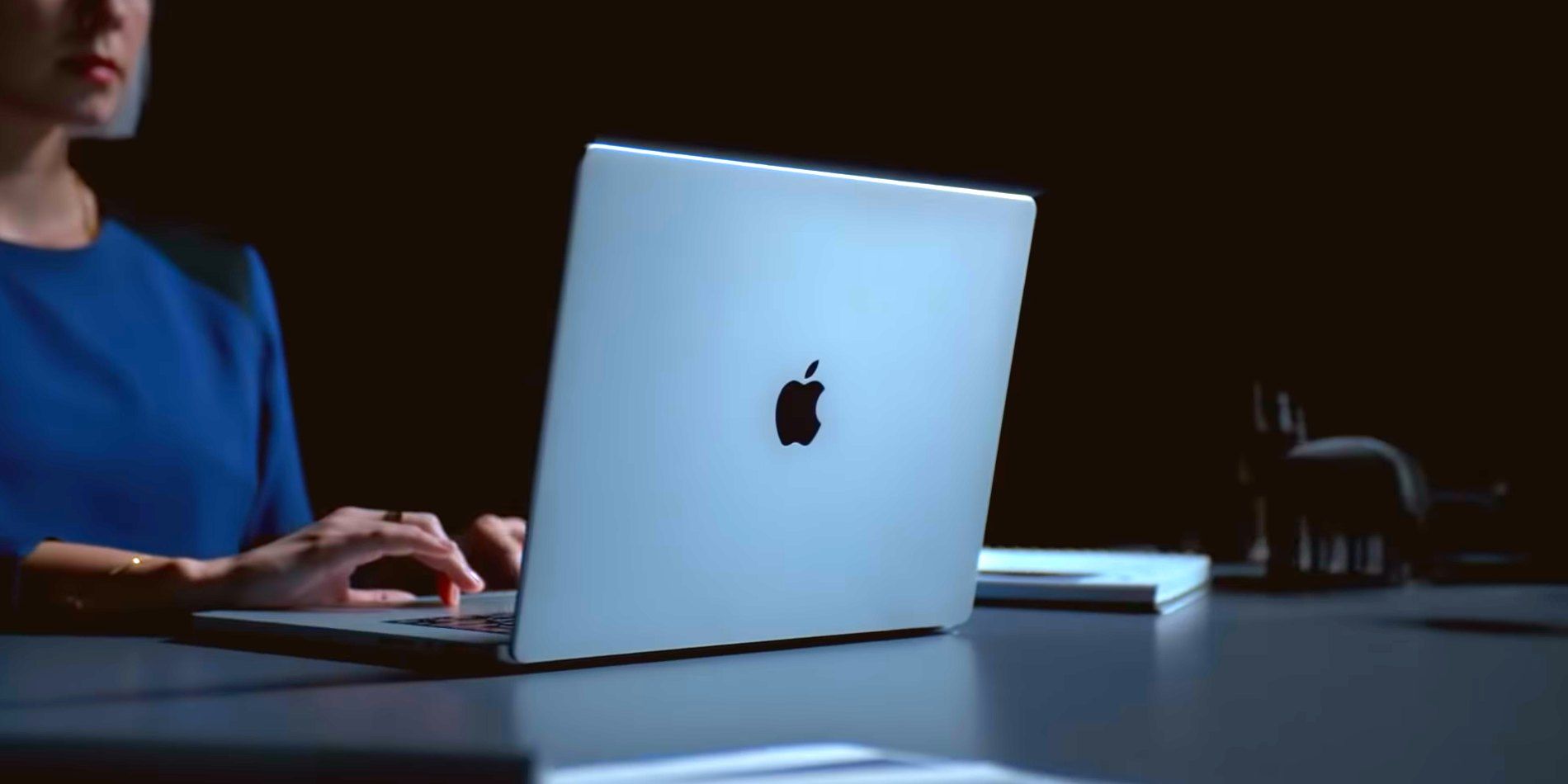
Apple is offering a MacBook upgrade scheme for small businesses, allowing companies to pay for Intel and M1-based devices via monthly installments. The Cupertino-based firm has long been known for its sleek notebooks which run on the highly-capable macOS operating system. Indeed, MacBooks are the only laptop of choice among many trend-conscious consumers. However, Windows-powered products have dominated in the enterprise space ever since computing went mobile.
There are many reasons why Windows-based machines are the de facto for business users, not least of which is the ubiquity of Microsoft’s Office suite of tools. The entrenchment of Windows has also seen countless firms build their own proprietary software for the operating system, ensuring that when it comes to upgrading laptops, they simply don’t look at macOS products. For those companies that do consider the switch, the expense of a new MacBook is typically higher than a comparative Windows notebook. That cost can be prohibitive for a firm replacing multiple units.
Apple is looking to remedy the barrier to entry for small businesses by offering a financing program that lets MacBook buyers pay for them over a series of months. The company has partnered with financial services firm CIT Group, which handles the application and order process. Customers fill out an online form, e-sign the relevant documents, and, assuming everything is approved, CIT Group passes the order to Apple who takes care of the rest.

At present, the offering seemingly covers the base models for the current lineup of MacBooks, with customers paying about 3-percent of a device’s cost each month. The $999 13-inch M1 MacBook Air is available for $30 per month. The $1,299 13-inch Intel MacBook Pro costs $39 a month. The $1,999 14-inch M1 MacBook Pro costs $60 a month. The $2,499 16-inch M1 MacBook Pro costs $75 a month. (It’s important to note that applicable taxes are added to all monthly prices.)
It’s clear that with this program Apple is eager to get MacBooks into the hands of as many growing businesses as possible - after all, a monthly outlay of $150 for five MacBook Airs could well be more palatable than a one-time charge of almost $5,000 for a small enterprise. Still, some customers might want to hold fire before placing an order. At the time of writing, M1 Macs do not support dual-booting for Windows - something that is possible on Intel-based Macs via Boot Camp. Of course, users can deploy Parallels for running Windows in a virtual environment, though there are some technical limitations which could impact proprietary and legacy apps. For those firms that do want low-cost access to Apple's ecosystem, however, this scheme might just fit the bill.
Source: CIT Group
from ScreenRant - Feed https://ift.tt/2ZOdtUF


0 Comments